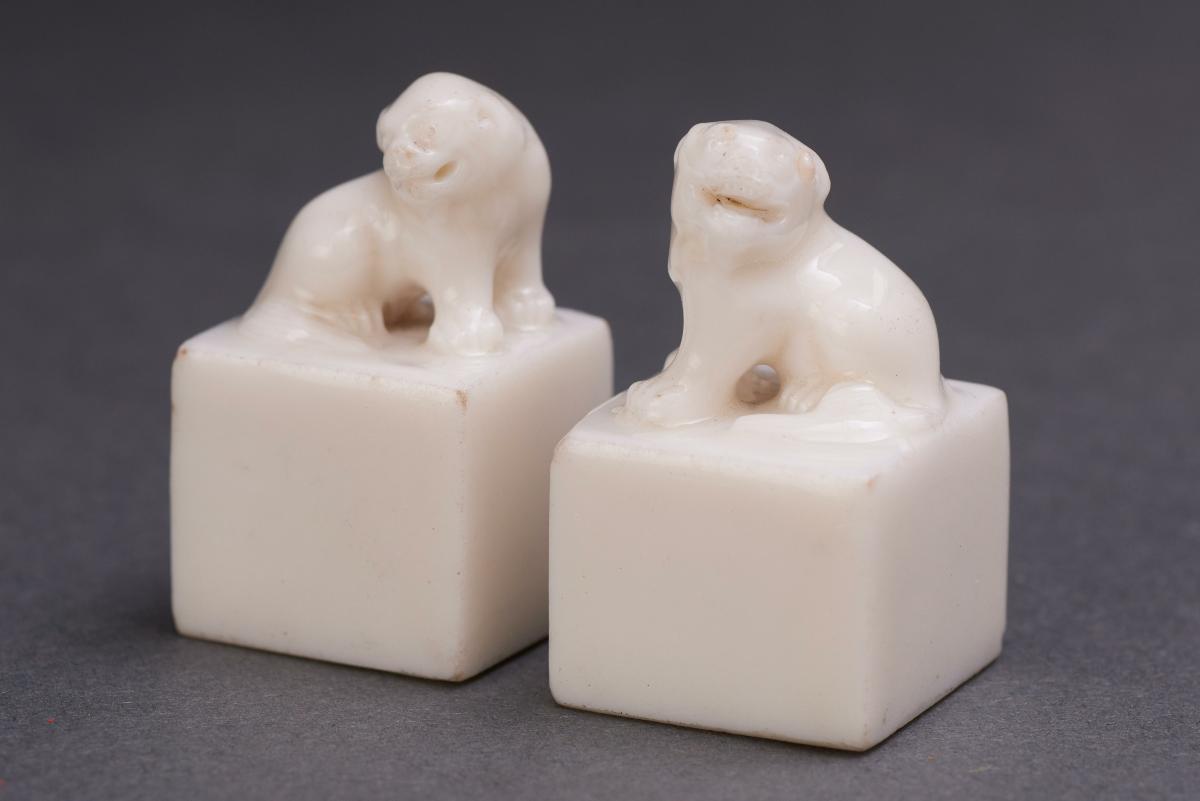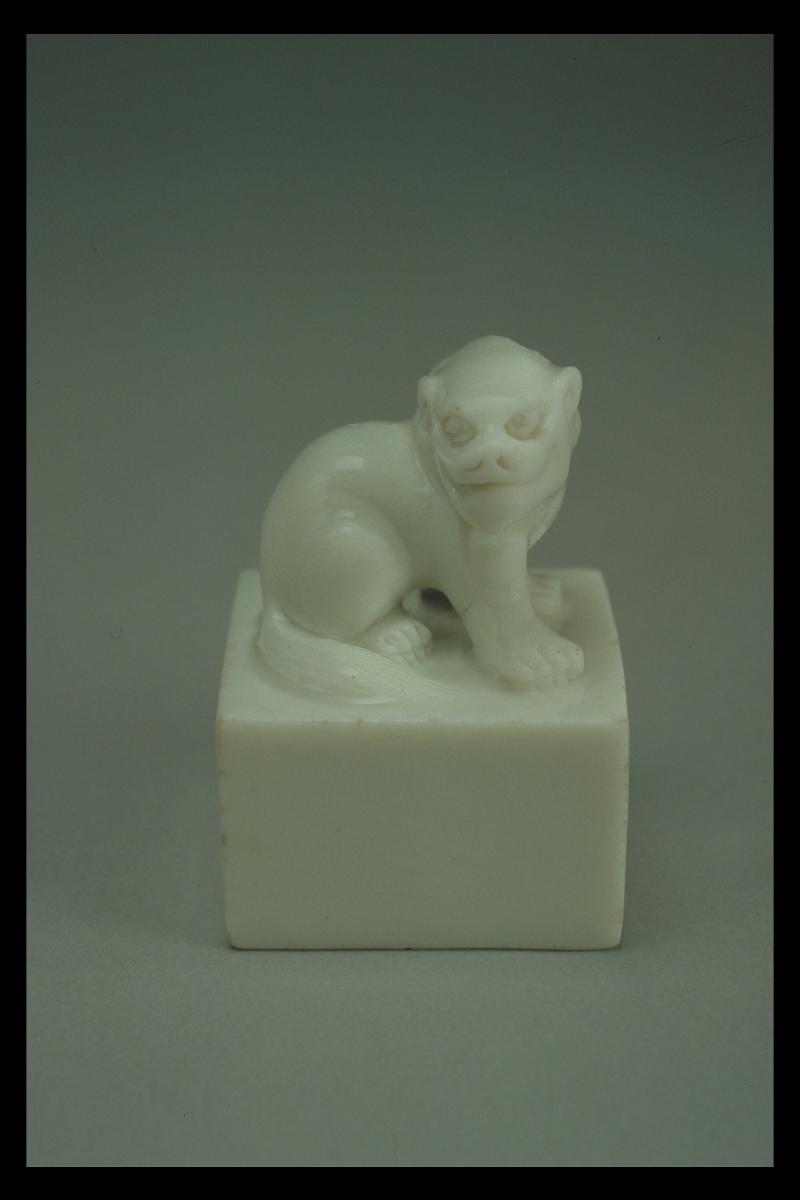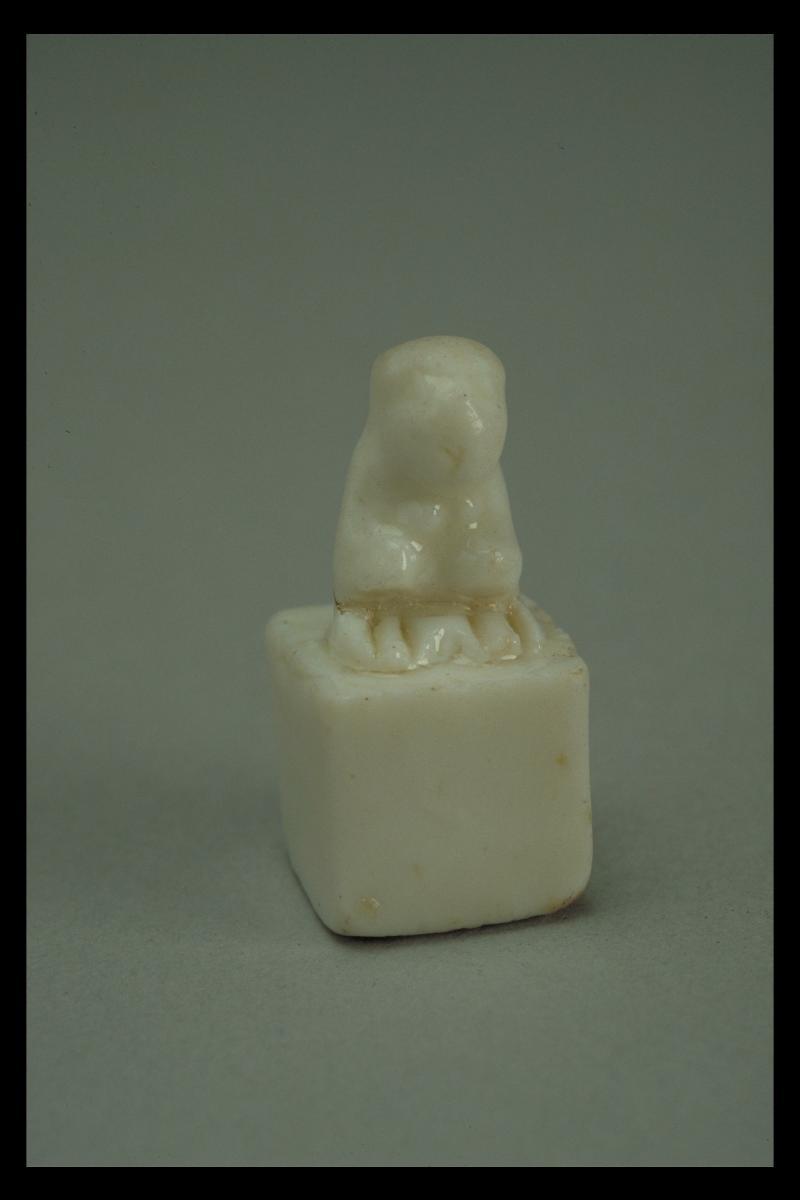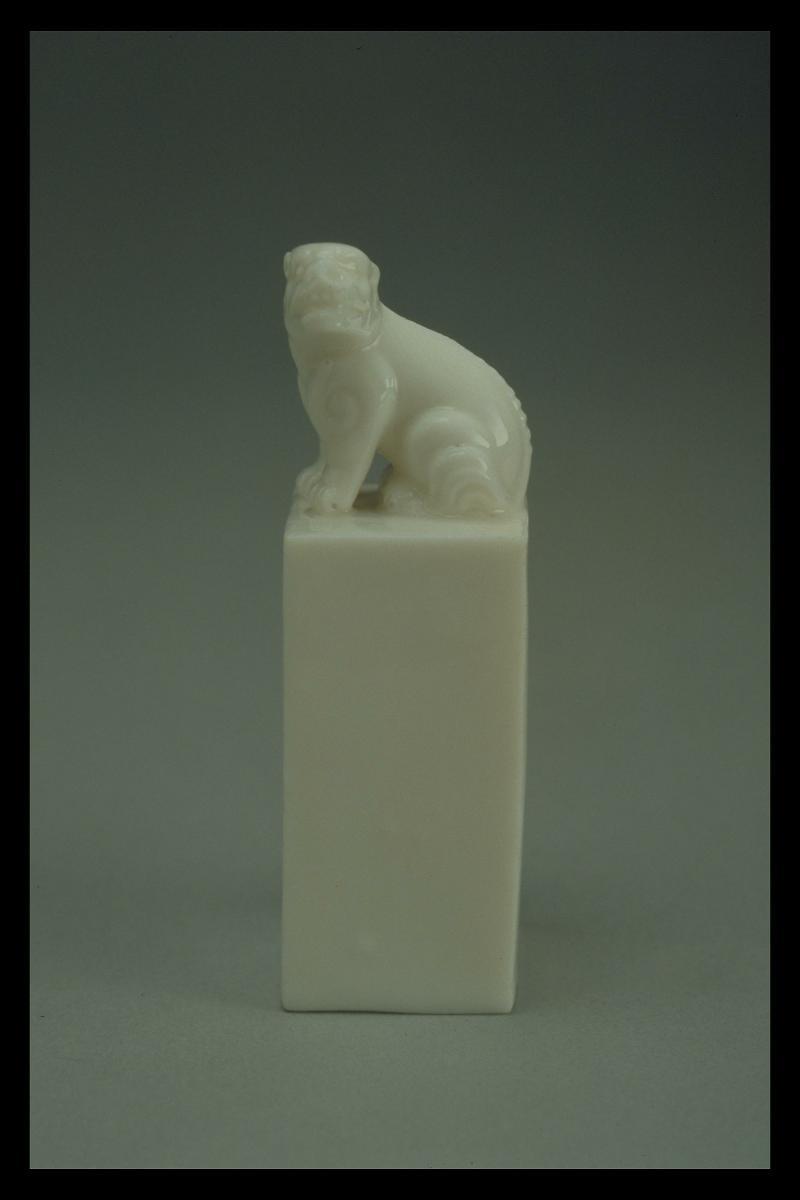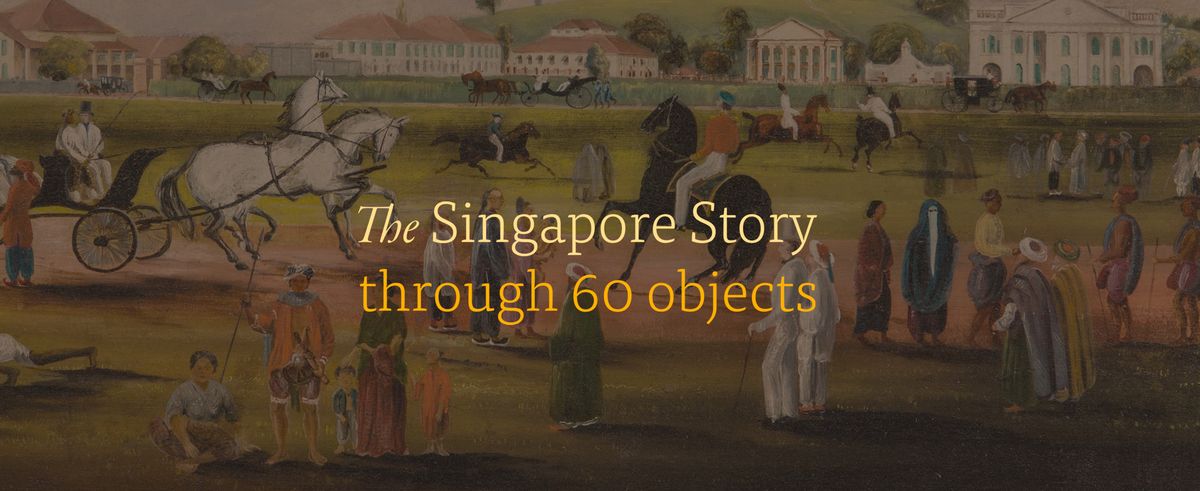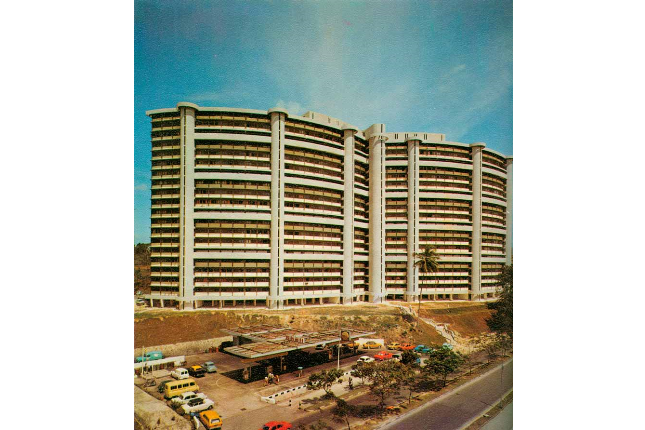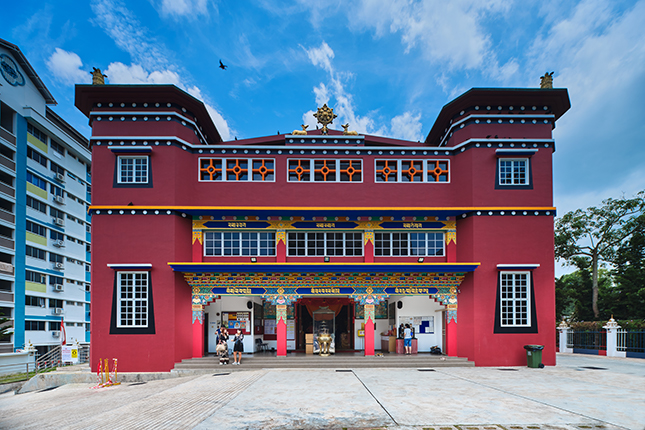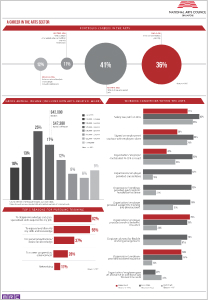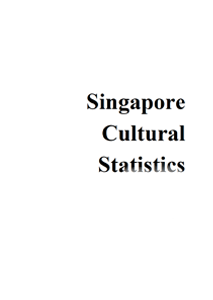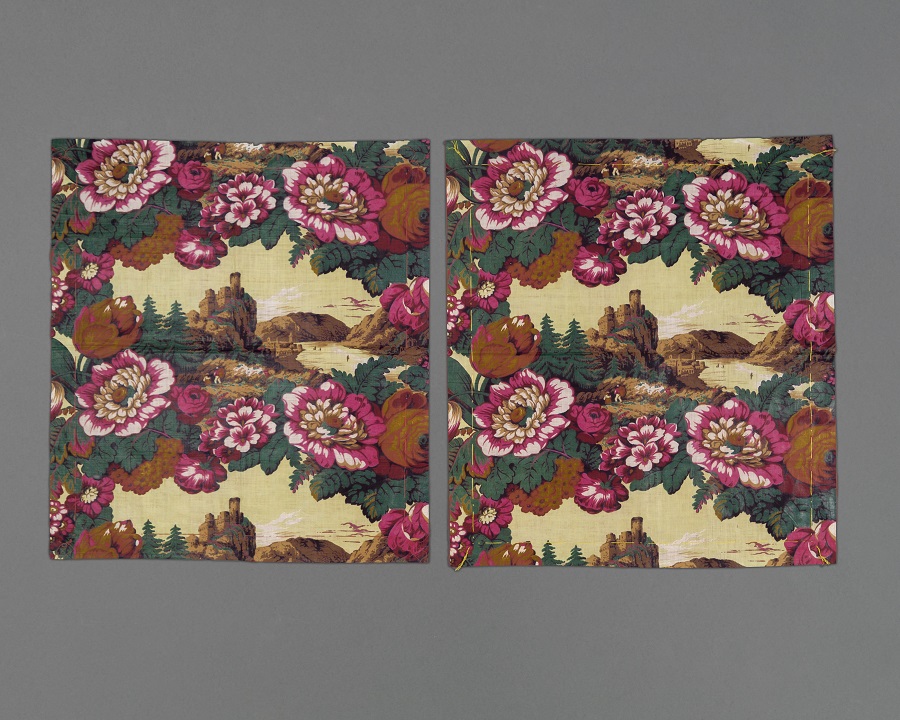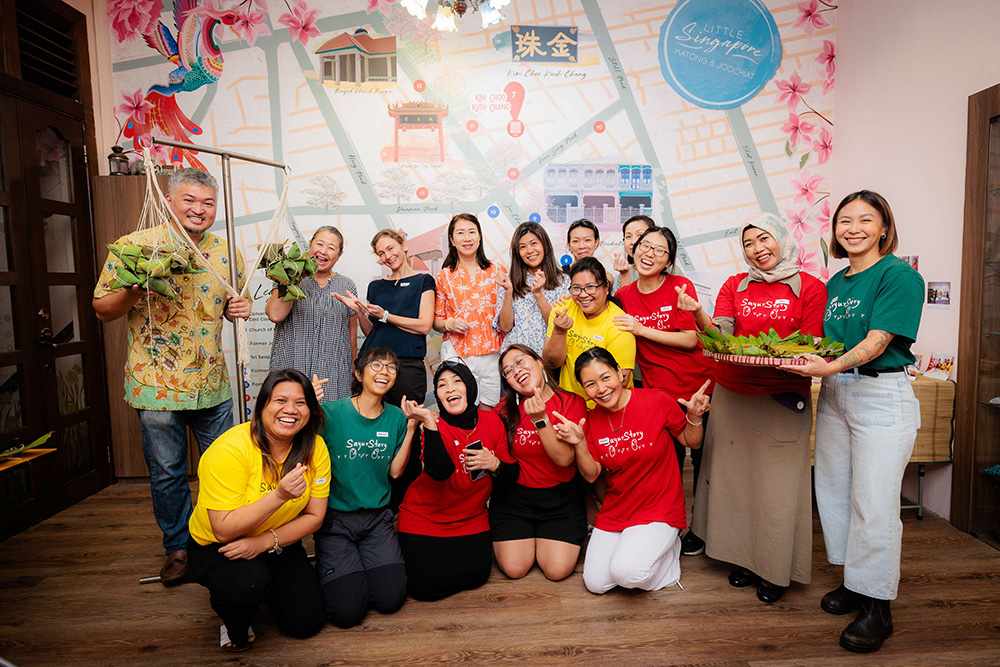Each of this pair of uncut seals comprises a carved lion seated on its haunches on a square base. Despite the fact that fired porcelain was harder to carve than soap stone, jade and ivory, Dehua seals were produced in some quantity. It was thought that this was due to it likeness to white or 'mutton fat' jade which was much admired by the literati. Dehua porcelain was fired to slightly lower temperature than other porcelains, which could have made the carving a little easier. Porcelain seals were usually left blank so that the carving could be undertaken according to the future owner's requirements. Dehua pieces known as 'blanc de Chine' or white porcelain, is a French term used to describe a variety of ceramics made in Dehua, a district in Fujian province, in Southeast China that Europeans imported during the 16th and 17th centuries.




